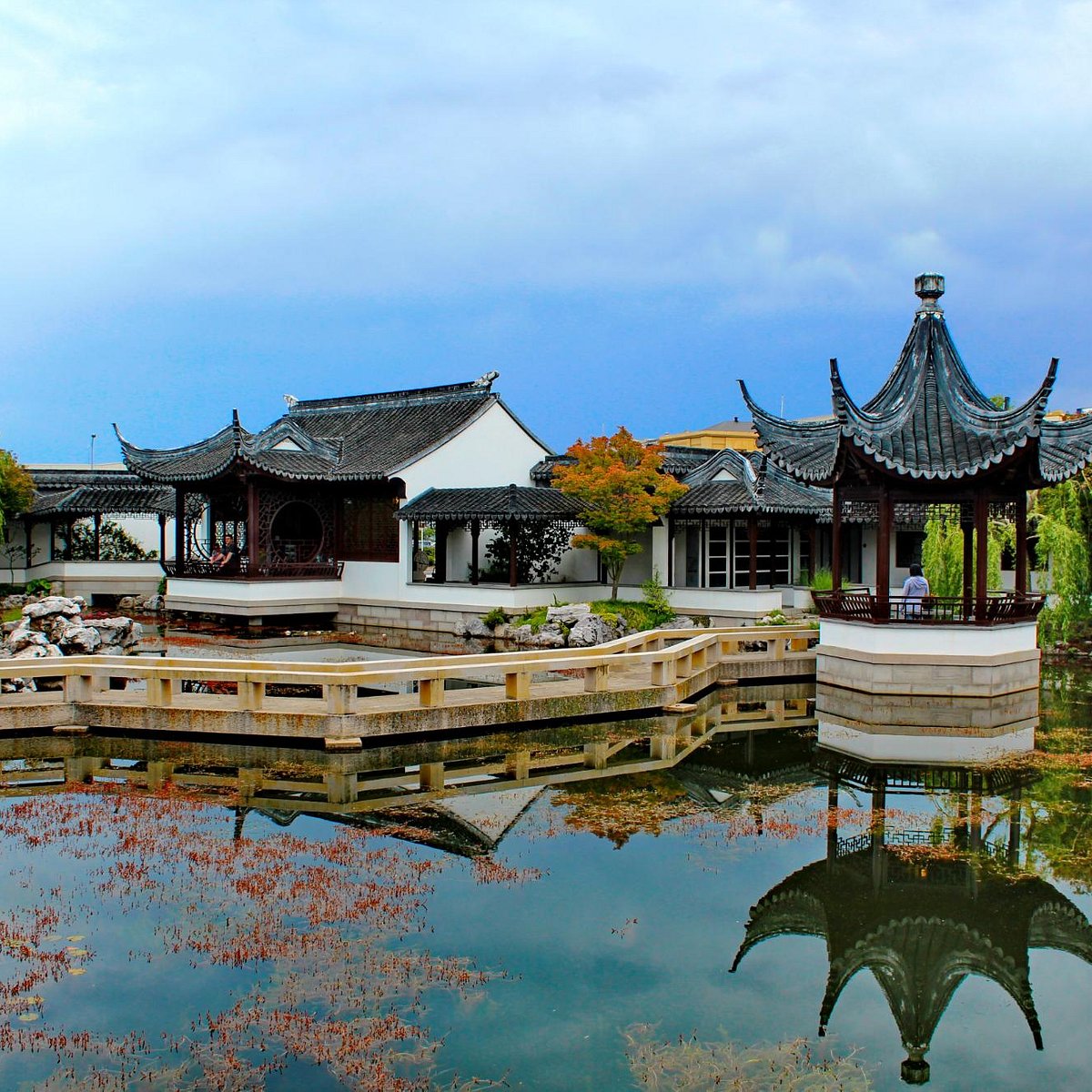Please enjoy browsing the website “All about Chinese Gardens”
Reflection On the Project “All About Chinese Gardens”
Based on the definition of plagiarism summarized in the last few classes, there are two main criteria that should be considered when determining whether plagiarism is occurring: the incorrect intention to use a source, as well as the result of no progress. Both definitions of plagiarism are interconnected, however, they focus on different stages of the plagiarism process. The first criterion focuses on the initial stage of creation, which detects our intention to create. In other words, if we create with the purpose of stealing others’ achievements at the beginning, we will surely use various methods to save time and effort to piece together unoriginal sources, such as patch-writing. The unethical behavior that took place in this project could also partly trigger the second criterion of plagiarism, as the original aim of our project did not include creating something new and useful to mankind. The second criterion focuses on the results of the “creation”, which is the final stage. It is hard to avoid thinking of the final results as a patchwork of all available sources if they do not contain any beneficial advances in the field. Regardless of whether the act is morally sound and arises from our lack of creativity, it is still plagiarism.
I will discuss whether my plagiarism is really plagiarism based on the two criterions that I mentioned above. My project “All about Chinese Gardens”, from the perspective of creative intention, does not seem to be plagiarized. It is the manifestation of my own feelings that inspired me to create this website–I wanted to share Chinese Gardens with the rest of the world. I have noticed that there are a limited number of reports about Chinese gardens on Google’s search engine, and most of them are professional research reports. Therefore, I would like to create a popular science website where people from all over the world can learn more about Chinese gardens in a fun and engaging way. I searched not only on the Google search engine, but also on Baidu, the Chinese search engine, for articles about Chinese gardens. I present a variety of texts(taken without changes from different sources) on the website, both in Chinese and English. Also, I post some YouTube videos in order to make the website more interactive and attractive to a wide range of audiences. To make the page look more concise and readable, I have removed a lot of unnecessary and complicated content, such as some Chinese poetry. Considering the second plagiarism detection standard, the project cannot be considered as plagiarism as it educates the world about something they didn’t know before.
According to the two criterions in defining plagiarism, my project has nothing to do with plagiarism. However, due to the way I formed this website, cobbling together Multimedia Sources without changing anything, this project is still essentially plagiarism.

Comments are closed, but trackbacks and pingbacks are open.